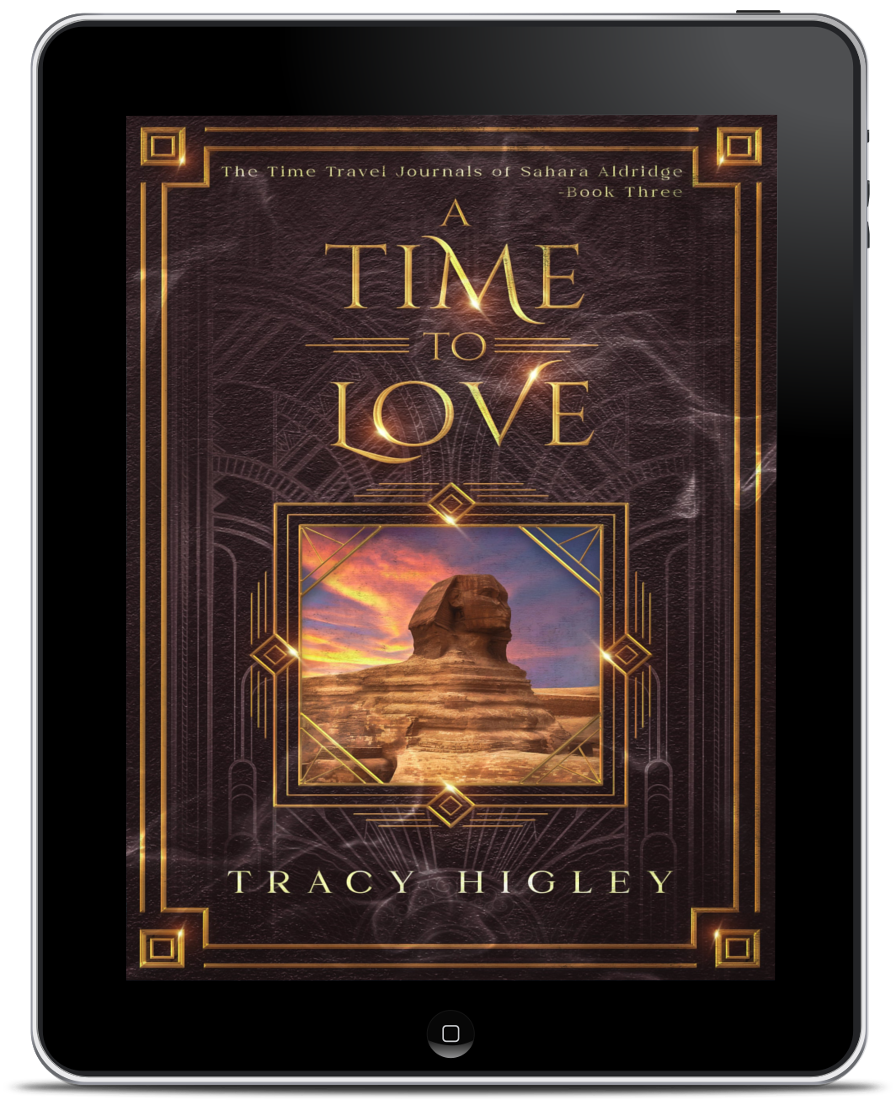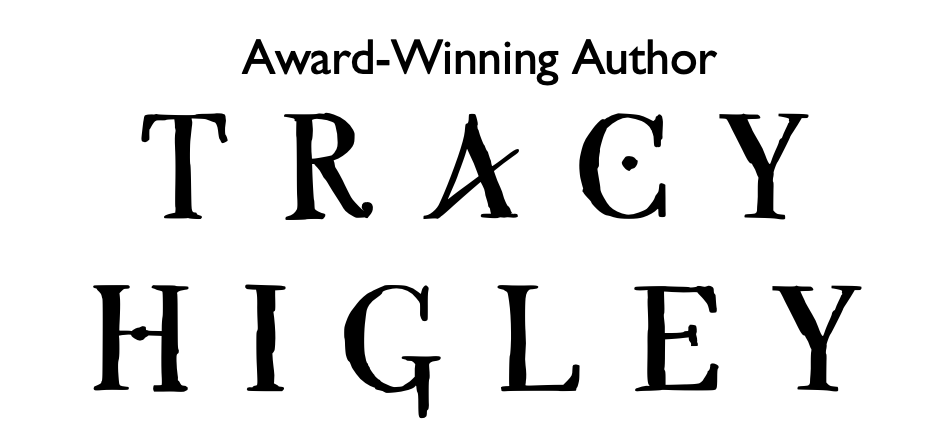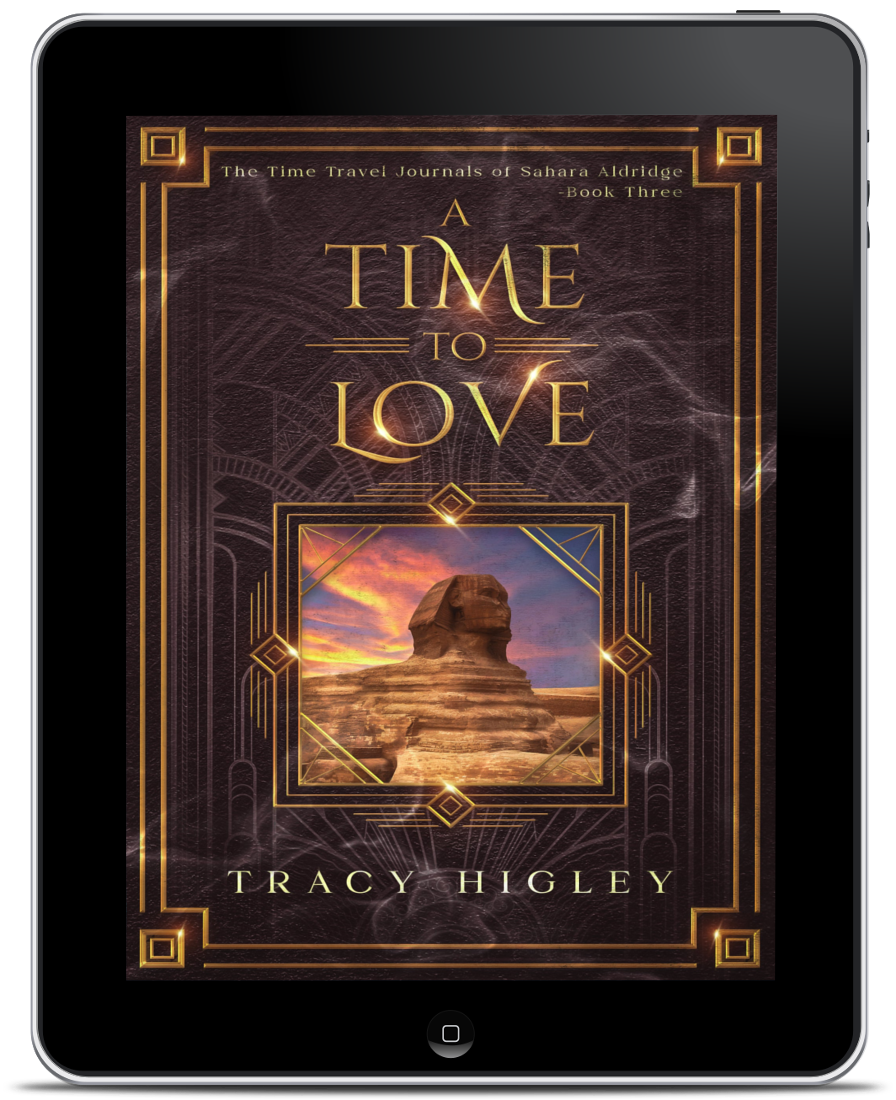A Time to Love (Kindle and ePub)
A Time to Love (Kindle and ePub)
The eBook version of this title is currently available exclusively through Amazon, at the link below.
Buy on AmazonPurchase the Paperback Copy Here!
The eBook version of this title is currently available exclusively through Amazon, at this link.
Book 3 in The Time Travel Journals of Sahara Aldridge
For a Time Traveler, the Future is Never Guaranteed.
Sahara Aldridge, a young Egyptologist in 1922, is mastering the genetic surprise of time travel.
She’s survived a murderous vizier in King Tut’s Egypt, and taken on ancient Roman aristocrats bent on deposing Nero.
She’s even managed to open her heart to the charming Jack Moretti, despite the shocking secret he’s finally divulged.
But when the next clue to finding her parents lands her in an ancient Egyptian assassination attempt, Sahara’s tinkering with the past just might erase her future.
Skimming across the lofty pyramids of ancient Egypt to the elegant canals of 18th century Venice, the answers to Sahara’s desperate search for belonging seem only a breath away.
But an old score must be settled, and an old feud reconciled, before she can face a truth more than thirty years in the making, and a secret she was never meant to learn.
How can love be enough, when fear and hate are fierce?

Description
Purchase the Paperback Copy Here!
The eBook version of this title is currently available exclusively through Amazon, at this link.
Book 3 in The Time Travel Journals of Sahara Aldridge
For a Time Traveler, the Future is Never Guaranteed.
Sahara Aldridge, a young Egyptologist in 1922, is mastering the genetic surprise of time travel.
She’s survived a murderous vizier in King Tut’s Egypt, and taken on ancient Roman aristocrats bent on deposing Nero.
She’s even managed to open her heart to the charming Jack Moretti, despite the shocking secret he’s finally divulged.
But when the next clue to finding her parents lands her in an ancient Egyptian assassination attempt, Sahara’s tinkering with the past just might erase her future.
Skimming across the lofty pyramids of ancient Egypt to the elegant canals of 18th century Venice, the answers to Sahara’s desperate search for belonging seem only a breath away.
But an old score must be settled, and an old feud reconciled, before she can face a truth more than thirty years in the making, and a secret she was never meant to learn.
How can love be enough, when fear and hate are fierce?

